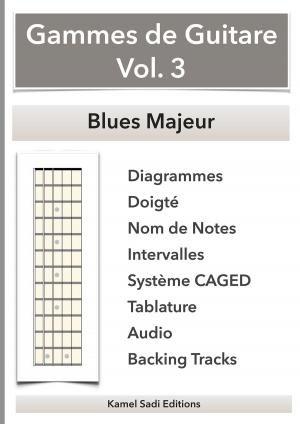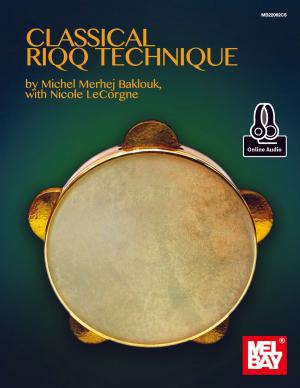Trumpet Style in Jazz
Nonfiction, Entertainment, Music, Instruments & Instruction, General Instruments| Author: | Geraint Ellis | ISBN: | 9781301384525 |
| Publisher: | Geraint Ellis | Publication: | June 10, 2013 |
| Imprint: | Smashwords Edition | Language: | English |
| Author: | Geraint Ellis |
| ISBN: | 9781301384525 |
| Publisher: | Geraint Ellis |
| Publication: | June 10, 2013 |
| Imprint: | Smashwords Edition |
| Language: | English |
If you are a musician, a non-musician, a jazz-fan, a social historian or a researcher of American music, then this book will prove invaluable to you, for it contains a series of entertaining face-to-face discussions between the author and leading performers of the day, from: Jimmy McPartland – who in 1924 at the age of 17 replaced Bix Beiderbecke in the Wolverines Orchestra in New York and afterwards shared a room with Bix, through to Dizzy Gillespie, one-time colleague of Charlie Parker, with whom he created and led the Bebop movement of 1940’s Harlem.
‘It is no accident that some of the greatest artists and composers were the ‘rebels’ least shackled by the traditional rules of their art’ Glen Wilson, Professor of Psychology, Times Higher Education Supplement, 1st November 2012
The Fountainhead
Louis Armstrong was great, not only because he single-handedly created trumpet style in jazz, but because – without the hindrance of formal training, he made his instrument produce sounds never before imagined or anticipated. In his hands, the trumpet came of age and abandoned for all time its traditional role of symphonic punctuator.
‘What I wanted to play wasn’t in the books … … I had to go and get it’ Dizzy Gillespie, in conversation with the author at The Ronnie Scott Club, London, 9th August 1976
If you are a musician, a non-musician, a jazz-fan, a social historian or a researcher of American music, then this book will prove invaluable to you, for it contains a series of entertaining face-to-face discussions between the author and leading performers of the day, from: Jimmy McPartland – who in 1924 at the age of 17 replaced Bix Beiderbecke in the Wolverines Orchestra in New York and afterwards shared a room with Bix, through to Dizzy Gillespie, one-time colleague of Charlie Parker, with whom he created and led the Bebop movement of 1940’s Harlem.
‘It is no accident that some of the greatest artists and composers were the ‘rebels’ least shackled by the traditional rules of their art’ Glen Wilson, Professor of Psychology, Times Higher Education Supplement, 1st November 2012
The Fountainhead
Louis Armstrong was great, not only because he single-handedly created trumpet style in jazz, but because – without the hindrance of formal training, he made his instrument produce sounds never before imagined or anticipated. In his hands, the trumpet came of age and abandoned for all time its traditional role of symphonic punctuator.
‘What I wanted to play wasn’t in the books … … I had to go and get it’ Dizzy Gillespie, in conversation with the author at The Ronnie Scott Club, London, 9th August 1976















